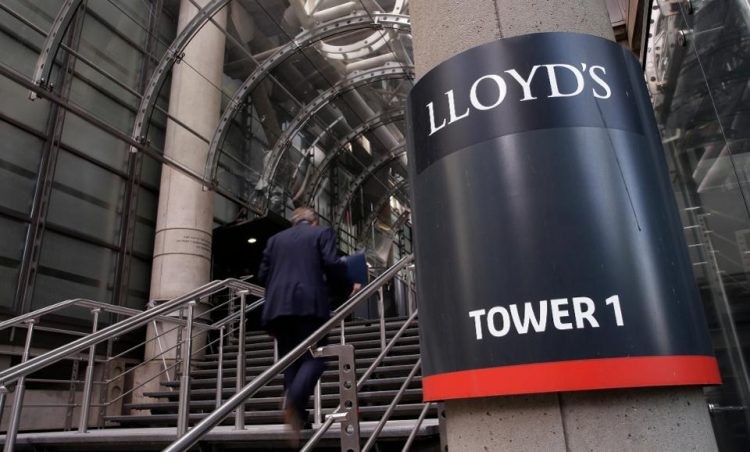Lloyd’s of London, Bank of England apologise for roles in slavery

The Lloyd’s of London insurance market apologised on Thursday for its “shameful” role in the 18th and 19th Century Atlantic slave trade and pledged to fund opportunities for black and ethnic minority people.
As part of a global reassessment of history and racism triggered by the death of George Floyd in the United States, some British institutions have begun re-examining their past, especially connections to slavery.
The Bank of England also apologised for what it called the “inexcusable connections” of some past governors and directors to slavery, and said it would remove any portraits of them from display anywhere on its premises.
About 17 million African men, women and children were torn from their homes and shackled into one of the world’s most brutal globalised trades between the 15th and 19th centuries. Many died in merciless conditions.
“We are sorry for the role played by the Lloyd’s market in the 18th and 19th Century slave trade – an appalling and shameful period of English history, as well as our own,” Lloyd’s said in a statement on Thursday.
“Recent events have shone a spotlight on the inequality that black people have experienced over many years as a result of systematic and structural racism that has existed in many aspects of society and unleashed difficult conversations that were long overdue,” it added.
The world’s leading commercial insurance market, Lloyd’s – which started life in Edward Lloyd’s coffee house in 1688 – is where complex insurance contracts ranging from catastrophe to events cancellation are agreed and underwritten.
Lloyd’s grew to dominate the shipping insurance market, a key element of Europe’s global scramble for empire, treasure and slaves, who were usually in the 18th Century included in insurance policies in the general rate for ship cargo.
Weapons and gunpowder from Europe were swapped for African slaves who were shipped across the Atlantic to the Americas.
Those who survived endured a life of subjugation on plantations, while the ships returned to Europe laden with sugar, cotton and tobacco.
Although Britain abolished the trans-Atlantic slave trade in 1807, full abolition did not follow for another generation.
Lloyd’s said it would invest in programmes to attract black and minority ethnic talent, review its artefacts to ensure they were not racist and support charities and organisations promoting opportunity for black and minority ethnic people.
Among other British institutions reassessing the legacies of the past is Oriel College, part of Oxford University, which said on Wednesday it wanted to remove a statue of 19th century colonialist Cecil Rhodes.
Greene King, which describes itself as Britain’s leading pub owner and brewer, apologised for the profit one of its original founders made from the slave trade.
Greene King would make investments to help the black, Asian and minority ethnic (BAME) community and to support race diversity in its business, chief executive Nick Mackenzie said.
The history of several other British financial firms, including Barclays (BARC.L), is also under fresh scrutiny.
The bank was named after David Barclay, a Quaker who campaigned actively against slavery in the late 18th century, but it later acquired institutions with links to the slave trade, including Colonial Bank in 1918 and Martins Bank in 1969.
“We can’t change what’s gone before us, only how we go forward,” a Barclays spokesman said.
The City of London Corporation has launched the Tackling Racism Working Party, which it said will look to promote economic, educational and social inclusion in the City of London and assess the future of statues and monuments.
(Reuters)

